The Bard Music Festival30
-
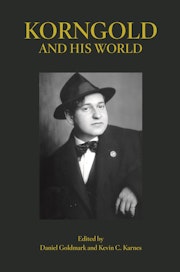
A brand-new look at the life and music of renowned composer Erich Wolfgang Korngold
-
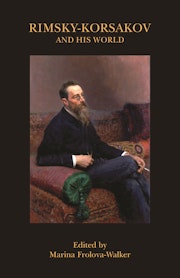
A rare look at the life and music of renowned Russian composer Nikolai Rimsky-Korsakov
-
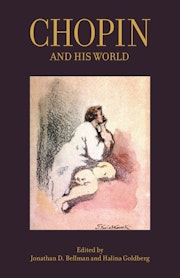
A new look at the life, times, and music of Polish composer and piano virtuoso Fryderyk Chopin
-
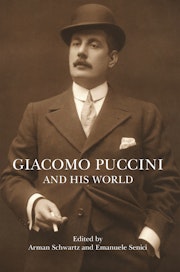
Giacomo Puccini (1858–1924) is the world's most frequently performed operatic composer, yet he is only beginning to receive serious scholarly attention. In Giacomo Puccini and His World, an international roster of music specialists...
-
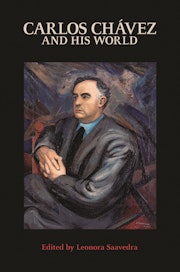
Carlos Chávez (1899–1978) is the central figure in Mexican music of the twentieth century and among the most eminent of all Latin American modernist composers. An enfant terrible in his own country, Chávez was an integral part of...
-
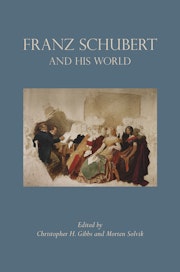
The life, times, and music of Franz Schubert
-
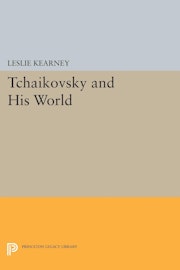
Tchaikovsky has long intrigued music-lovers as a figure who straddles many borders--between East and West, nationalism and cosmopolitanism, tradition and innovation, tenderness and bombast, masculine and feminine. In this book, through...
-
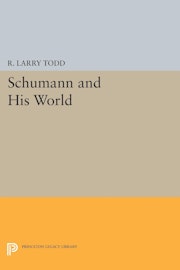
We know Robert Schumann in many ways: as a visionary composer, a seasoned journalist, a cultured man of letters, and a genius who, having passed his mantle on to the young Brahms, succumbed to mental illness in 1856. Drawing on recent...
-
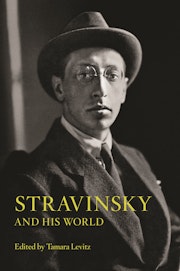
A new look at one of the most important composers of the twentith century
-
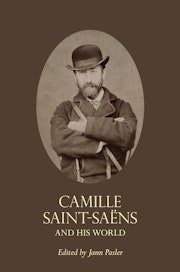
A revealing look at French composer and virtuoso Camille Saint-Saëns
-
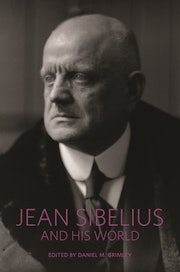
New perspectives on the greatest Finnish composer of all time
-
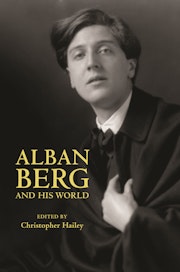
An incisive new look at the pivotal modernist composer
-
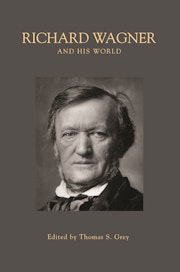
Richard Wagner (1813-1883) aimed to be more than just a composer. He set out to redefine opera as a "total work of art" combining the highest aspirations of drama, poetry, the symphony, the visual arts, even religion and philosophy....
-
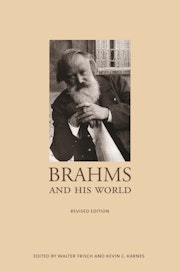
Since its first publication in 1990, Brahms and His World has become a key text for listeners, performers, and scholars interested in the life, work, and times of one of the nineteenth century's most celebrated composers. In this...
-
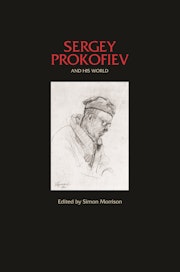
Sergey Prokofiev (1891-1953), arguably the most popular composer of the twentieth century, led a life of triumph and tragedy. The story of his prodigious childhood in tsarist Russia, maturation in the West, and rise and fall as a...
-
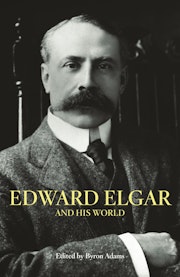
Edward Elgar (1857-1934) is undoubtedly one of the most fascinating, important, and influential figures in the history of British music. He rose from humble beginnings and achieved fame with music that to this day is beloved by...
-
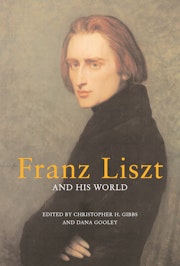
No nineteenth-century composer had more diverse ties to his contemporary world than Franz Liszt (1811-1886). At various points in his life he made his home in Vienna, Paris, Weimar, Rome, and Budapest. In his roles as keyboard virtuoso...
-
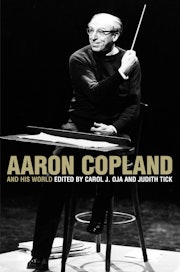
Aaron Copland and His World reassesses the legacy of one of America's best-loved composers at a pivotal moment--as his life and work shift from the realm of personal memory to that of history. This collection of seventeen essays by...
-
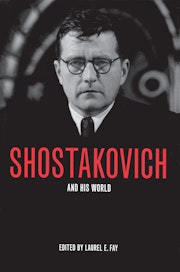
Dmitri Shostakovich (1906-1975) has a reputation as one of the leading composers of the twentieth century. But the story of his controversial role in history is still being told, and his full measure as a musician still being taken....
-
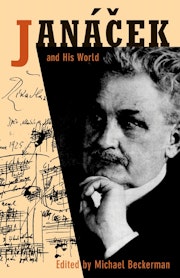
Once thought to be a provincial composer of only passing interest to eccentrics, Leos Janácek (1854-1928) is now widely acknowledged as one of the most powerful and original creative figures of his time. Banned for all purposes from...
-
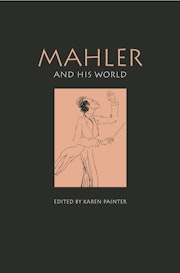
From the composer's lifetime to the present day, Gustav Mahler's music has provoked extreme responses from the public and from experts. Poised between the Romantic tradition he radically renewed and the austere modernism whose exponents...
-
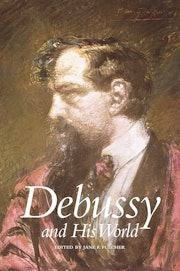
Claude Debussy's Paris was factionalized, politicized, and litigious. It was against this background of ferment and change--which characterized French society and music from the Franco-Prussian War to World War I--that Debussy...
-
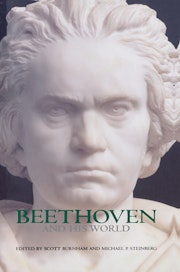
Few composers even begin to approach Beethoven's pervasive presence in modern Western culture, from the concert hall to the comic strip. Edited by a cultural historian and a music theorist, Beethoven and His World gathers eminent...
-
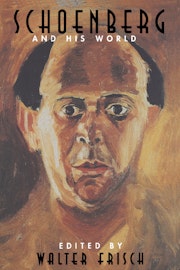
As the twentieth century draws to a close, Arnold Schoenberg (1874-1951) is being acknowledged as one of its most significant and multifaceted composers. Schoenberg and His World explores the richness of his genius through commentary...
-
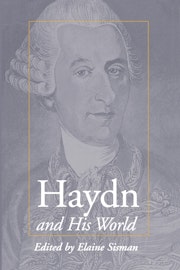
Joseph Haydn's symphonies and string quartets are staples of the concert repertory, yet many aspects of this founding genius of the Viennese Classical style are only beginning to be explored. From local Kapellmeister to international...
-
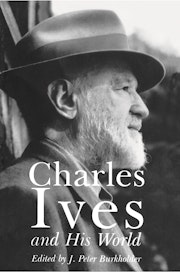
This volume shows Charles Ives in the context of his world in a number of revealing ways. Five new essays examine Ives's relationships to European music and to American music, politics, business, and landscape. J. Peter Burkholder shows...
-
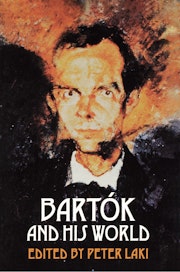
Béla Bartók, who died in New York fifty years ago this September, is one of the most frequently performed twentieth-century composers. He is also the subject of a rapidly growing critical and analytical literature. Bartók was born in...
-
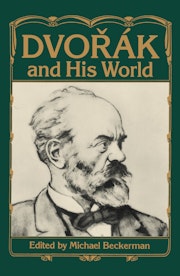
Antonin Dvorák made his famous trip to the United States one hundred years ago, but despite an enormous amount of attention from scholars and critics since that time, he remains an elusive figure. Comprising both interpretive essays...
-
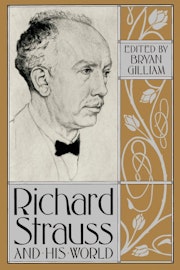
Strongly influencing European musical life from the 1880s through the First World War and remaining highly productive into the 1940s, Richard Strauss enjoyed a remarkable career in a constantly changing artistic and political climate....
-
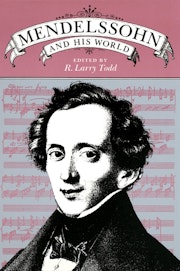
During the 1830s and 1840s the remarkably versatile composer-pianist-organist-conductor Felix Mendelssohn-Bartholdy stood at the forefront of German and English musical life. Bringing together previously unpublished essays by historians...